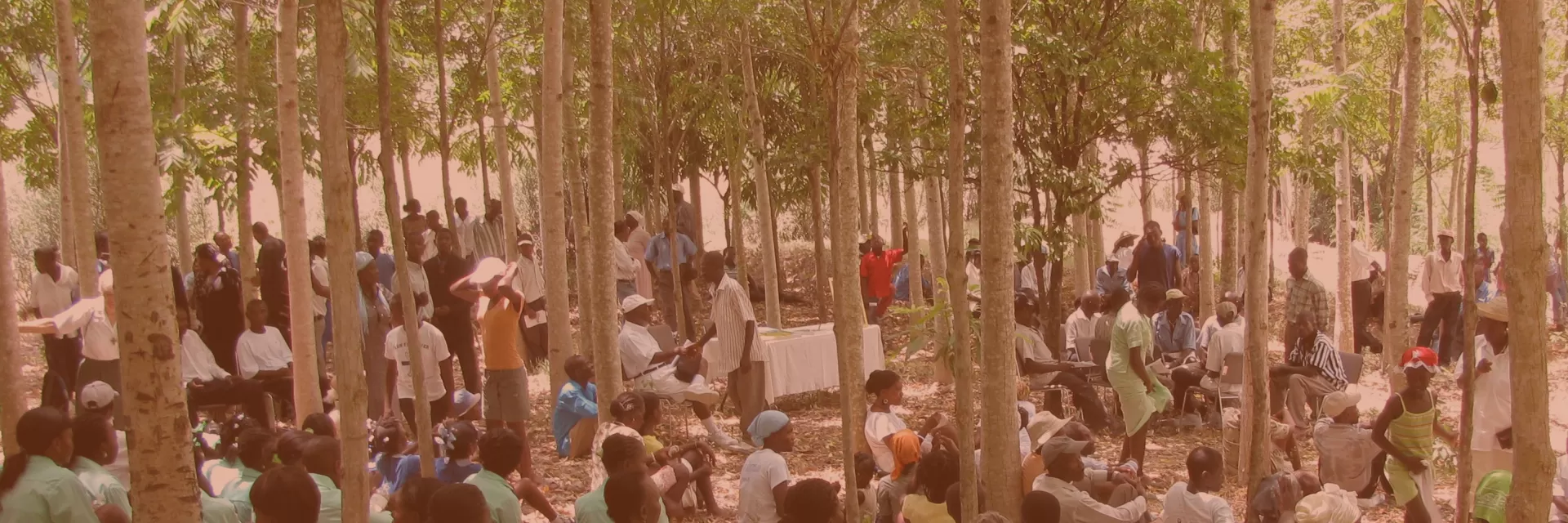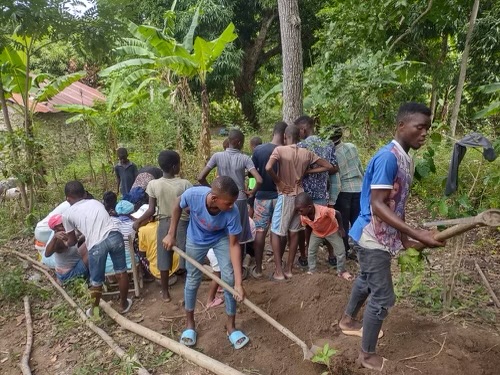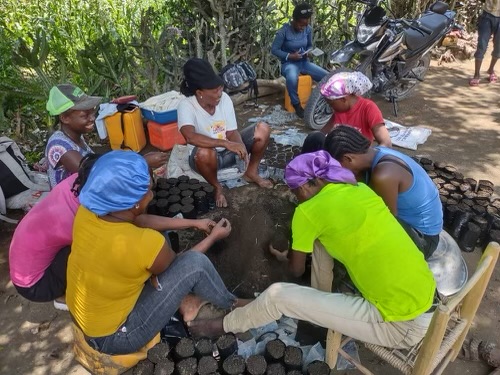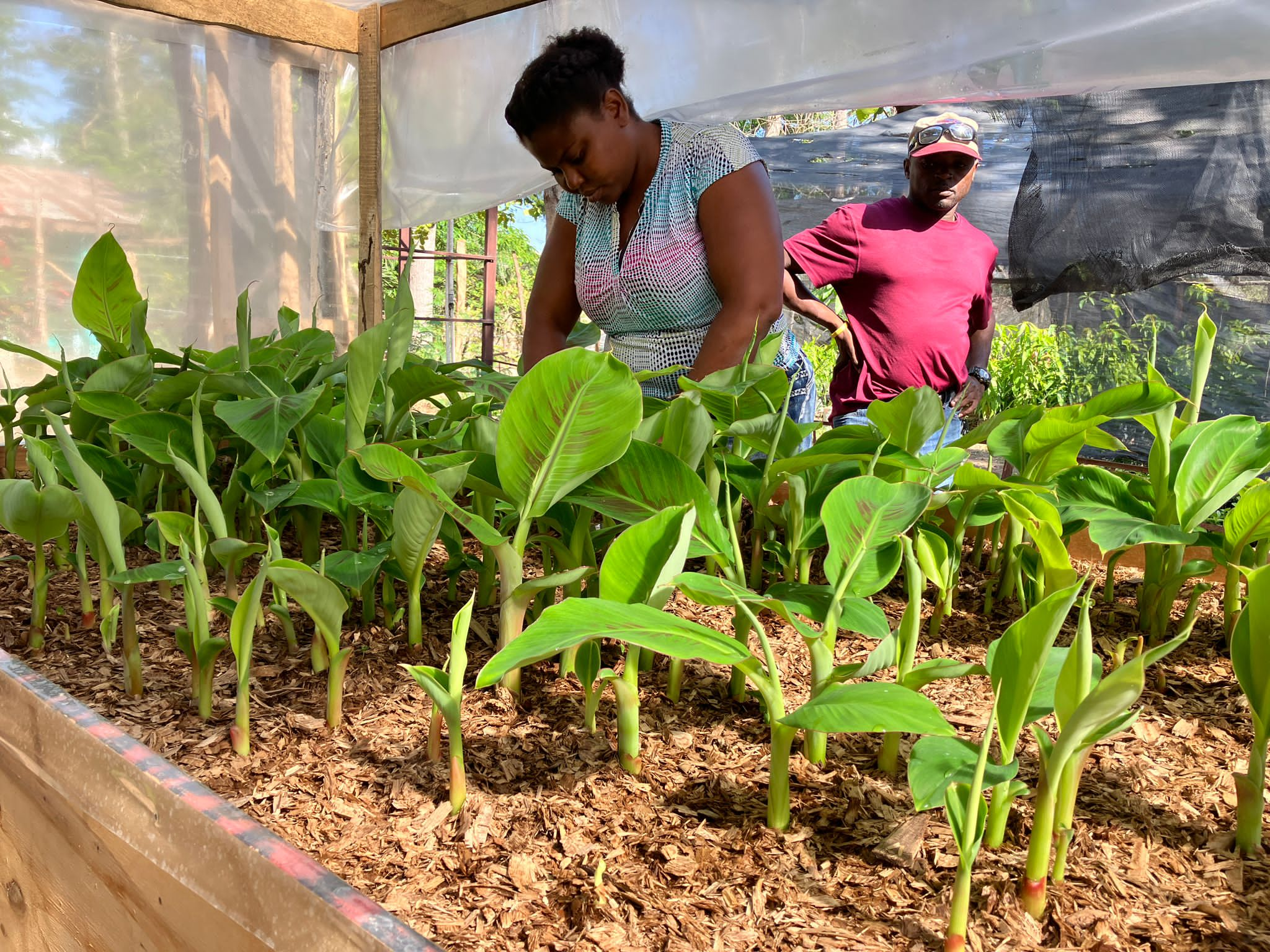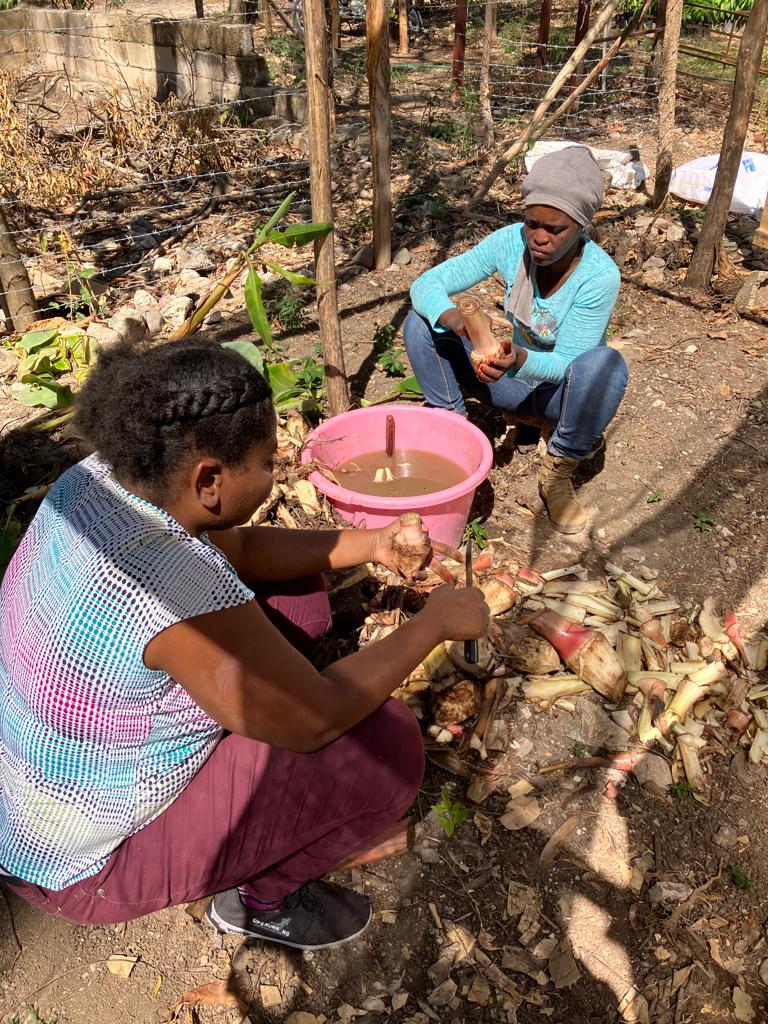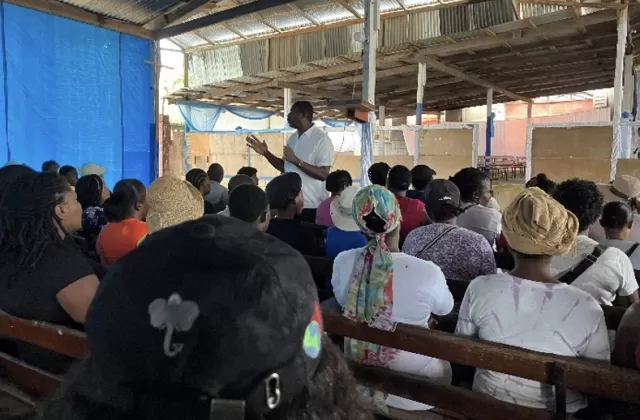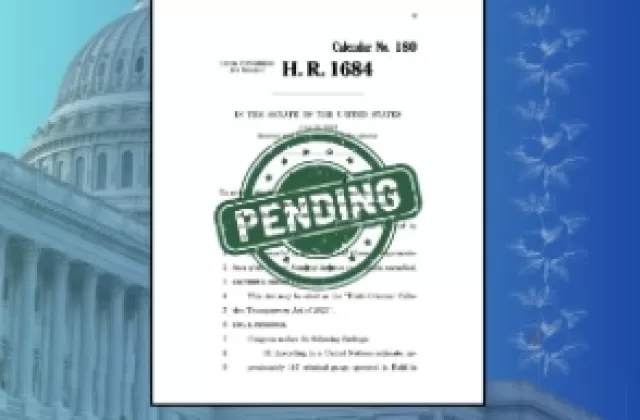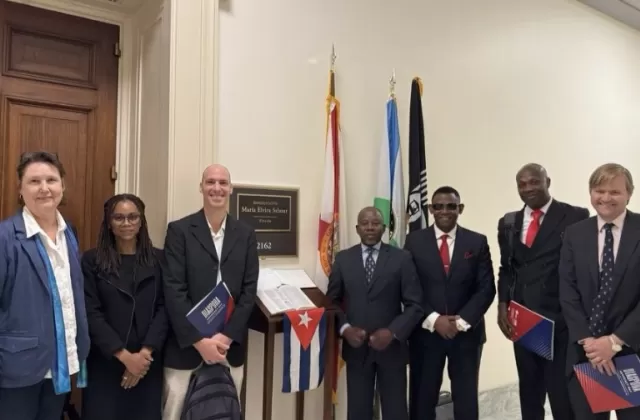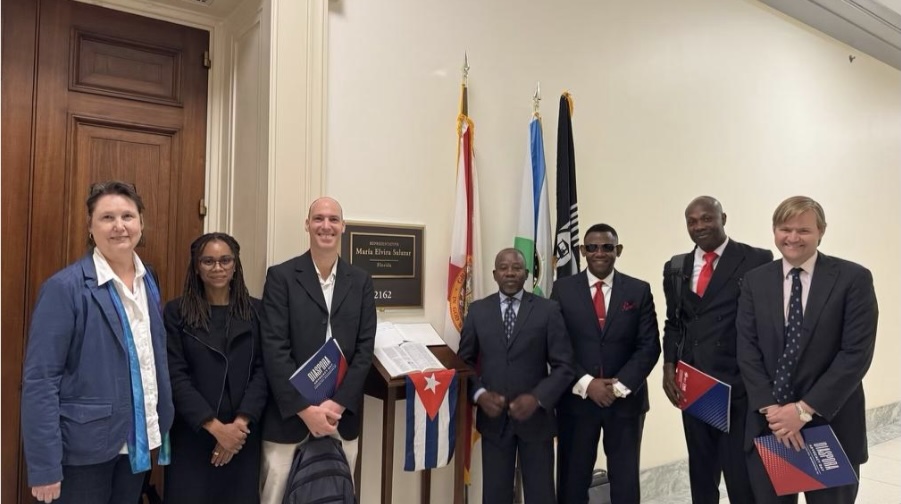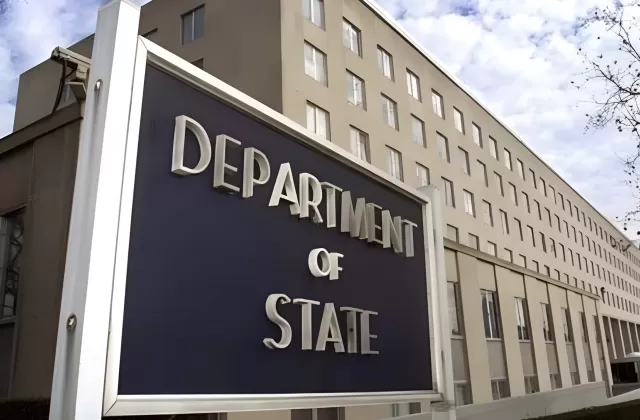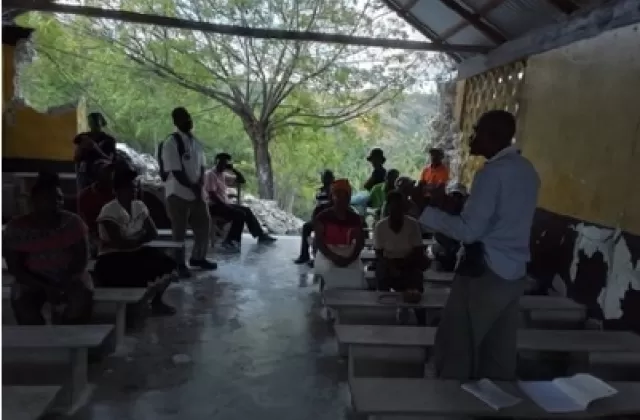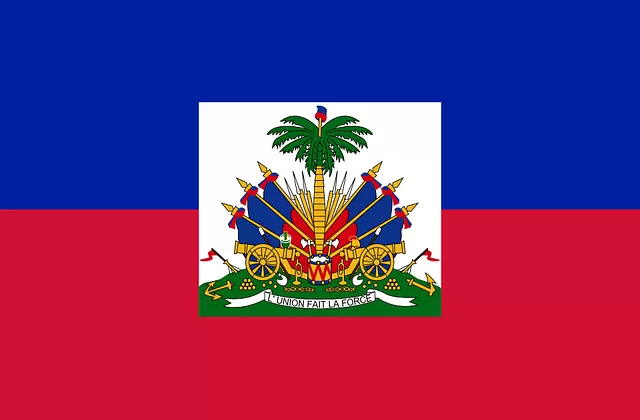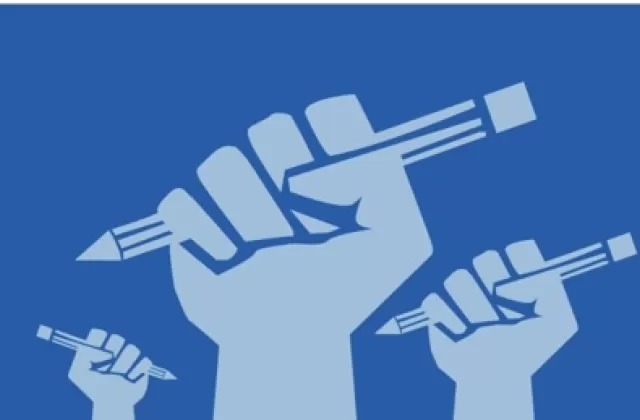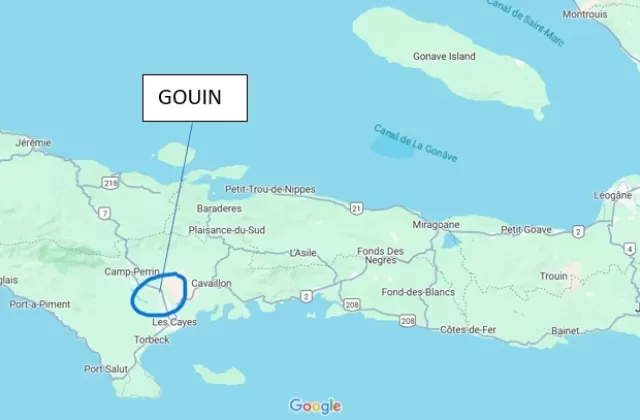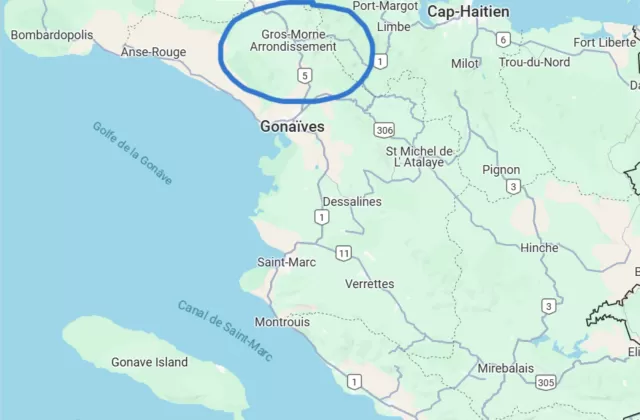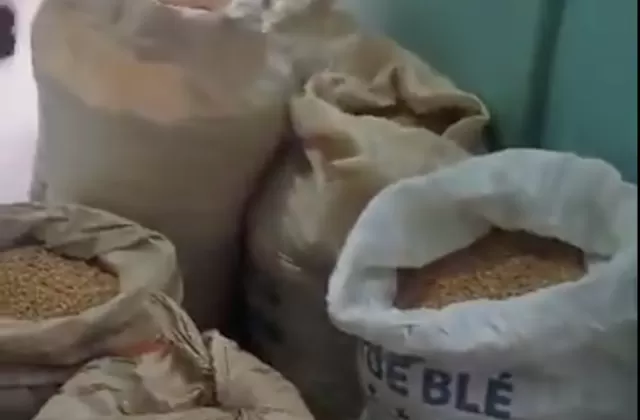Emergency Campaign Supports 256 Families in Haiti
 In April, our partners at LaChandler Parish in Gros Morne reached out to Quixote Center to ask for emergency assistance to respond to an influx of displaced persons and deported migrants. Deportation flights to Haiti from the United States resumed in April 2024 and continue to this day.
In April, our partners at LaChandler Parish in Gros Morne reached out to Quixote Center to ask for emergency assistance to respond to an influx of displaced persons and deported migrants. Deportation flights to Haiti from the United States resumed in April 2024 and continue to this day.
